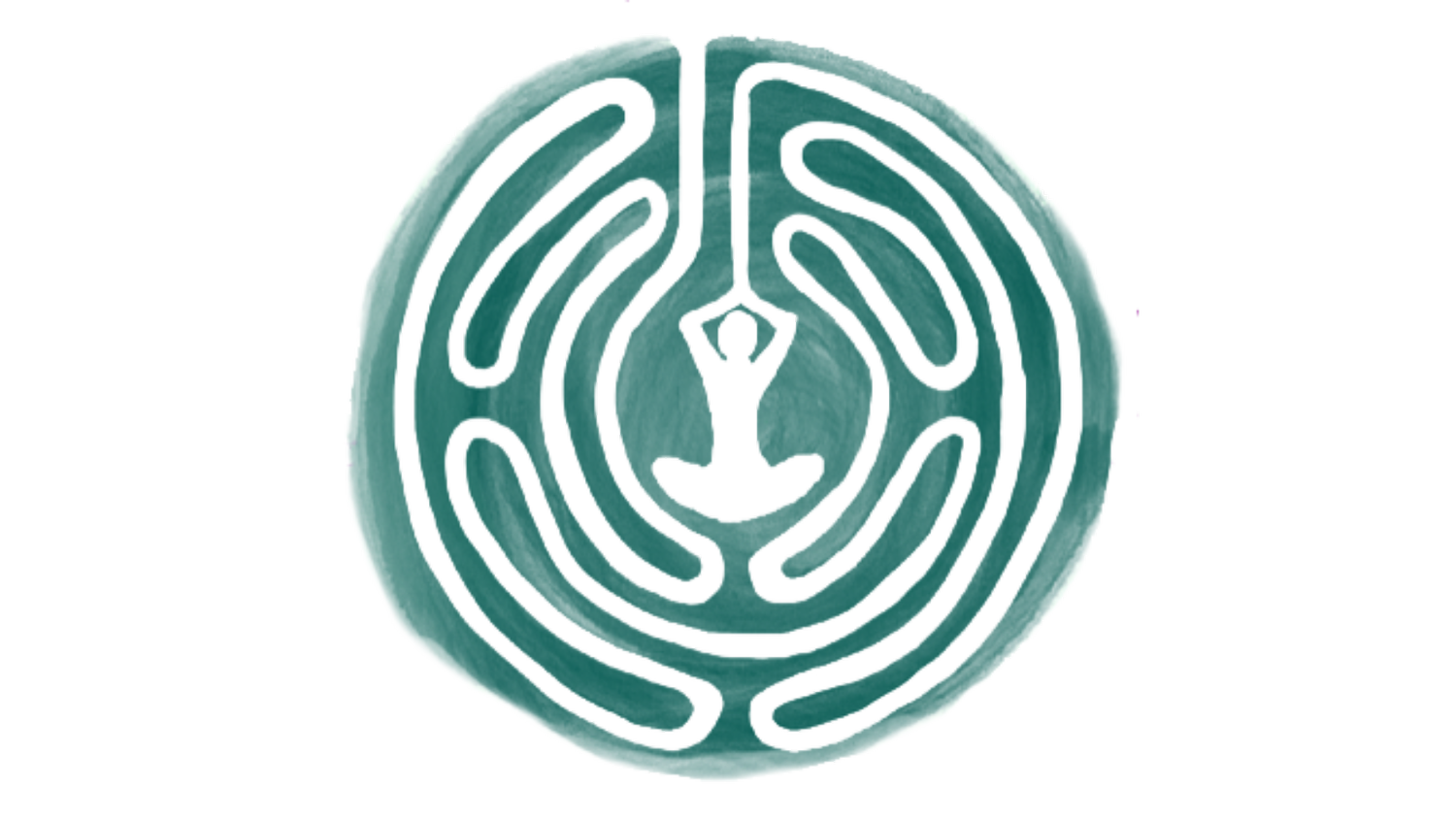Is Yoga a Religion?
Our understanding of yoga is that it is not a distinct world religion. It proposes no gods or saviors; it moves forward on the grounds of experiential confirmation rather than religious faith.
Yoga was developed in Ancient India, and evolved throughout India and the Indosphere (modern South Asia and Southeast Asia). Elements of its practice and philosophy grew in conversation with a number of Dharma Traditions. Yoga’s key concepts are foundational in Hinduism, and are also found in Buddhism, Jainism, and Sikhism. However, Yoga was intended as a universal human practice, open to all without reservation, the goal of which involves experiencing Oneness.
Featured Articles
Explore History & Religion in our Wonderings blog
Chakras are a hot button topic in many yoga communities, but sometimes they can feel a little too abstract and esoteric. Below is an introduction to the chakras to inform your yoga studies.
Epiphany – the familiar story of the wise men’s visit to the infant Jesus in Matthew 2:1-12 – is one of those. Matthew’s story of that visit is as interesting for what it doesn't say, as much as for what it does say.
In this post, Amy explores what it means to adhere to the divine flow of the Divine feminine.
In honoring Martin Luther King Jr., Allyson writes about Howard Thurman’s theology and how his work was infused with the teachings of ahimsa and the four yogas.
The world has been through a lot in the past year, dealing not just with one but several “viruses”: the virus of racism, the virus of sexism, the virus of hate and bigotry, the virus of dishonesty, etc. We are losing so many lives to these viruses, and we must acknowledge that this is the world that we are presently living in. That said, let us also recognize that each of our religious and spiritual traditions have continuously risen to be antidotes to these viruses.
We are pleased to add the voice of author, psychotherapist & spiritual director Ani Vidrine’s to our site. What follows is her first post, in which she answers the same question each of our writers has been asked to ponder: What do you practice yoga — and why do you practice Christianity?
Doreen shares a long-appreciated resource that aims to shed new light on the teachings of Jesus.
While once considered the purview of ascetics and monks, Thomas Merton found a more accessible way for lay Christians to achieve mystical experiences by way of contemplative prayer practices.
Joanne Wohlmuth discusses how whitewashing yoga and uncoupling it from its spiritual intentions causes harm and deepens divides. Students of yoga not engaging in self work stop short of igniting the flame within required to help heal racism in our society.
Followers of Christ have the responsibility to listen, honor, and love our neighbors as ourselves. This means our neighbors’ culture, heritage, and voice.
This is an introduction to Merton and his influence on Christians who practice yoga today. This post will be followed by three others that dive deeper into Merton’s impact on Christians practicing through mysticism, contemplative prayer, and interreligious dialogue.












Kelly explores the connections between the concept of freedom found in The Yoga Sutras and The Bible.